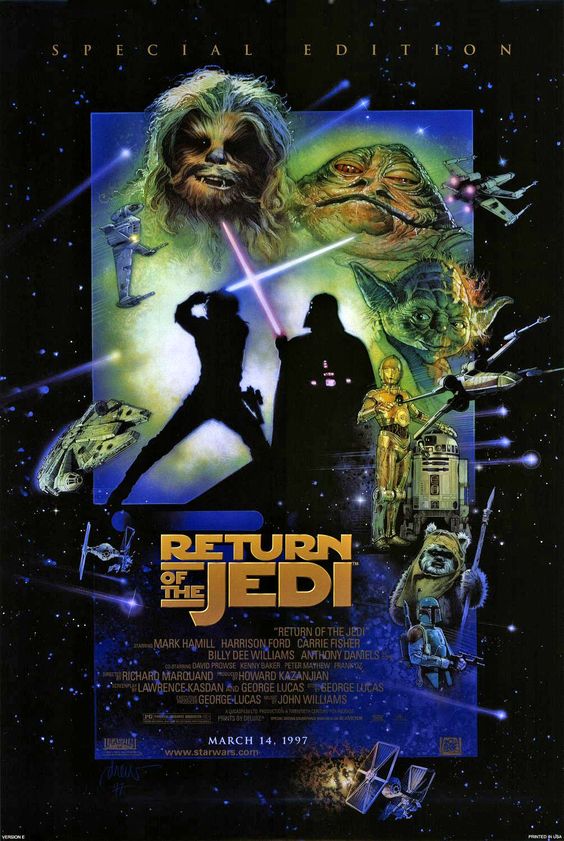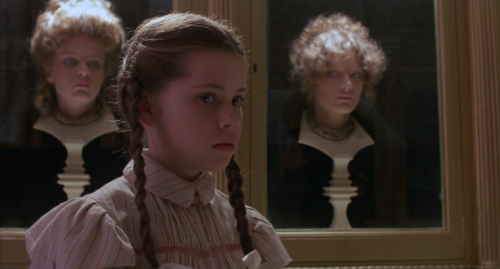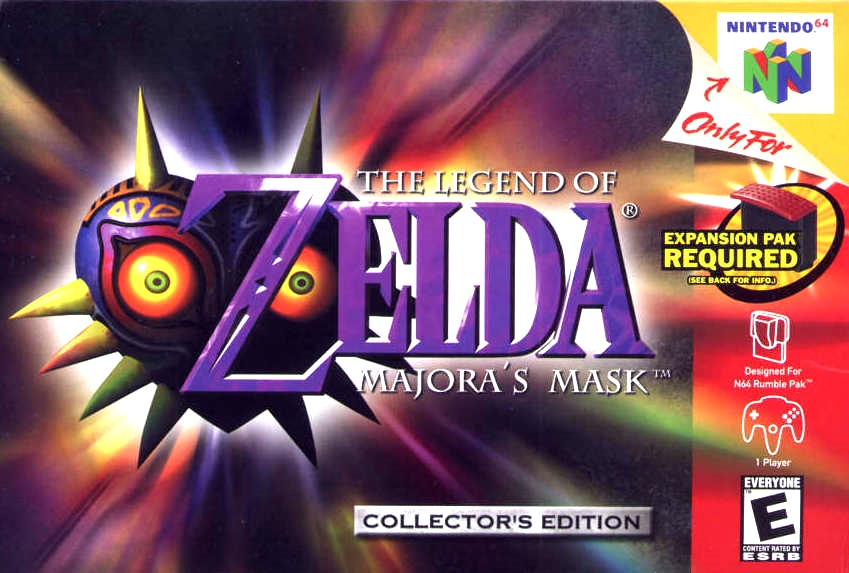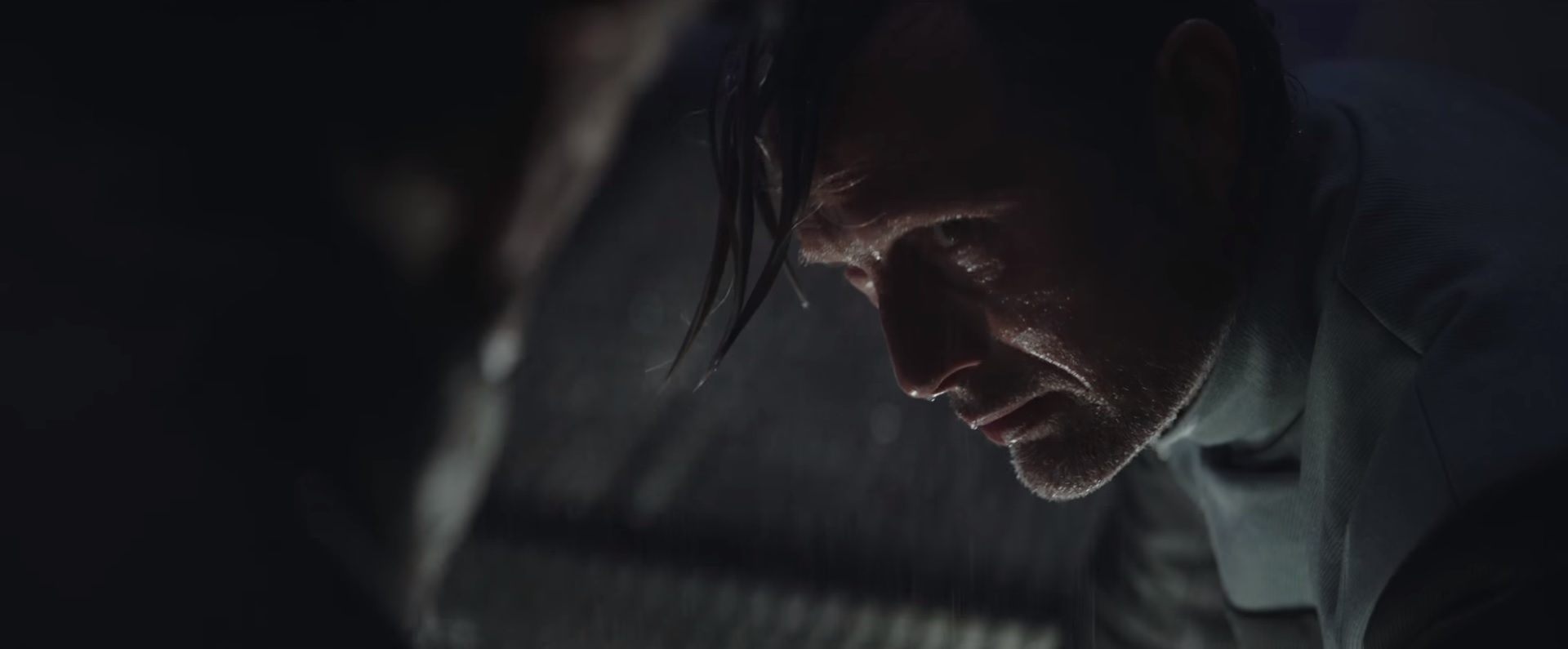Pandora’s Hope
 I was watching TV the other night when a commercial caught my eye. It’s the exceptional ad that does this, since I usually have commercials muted so I can focus on constructive things instead. In this case, I immediately recognised, entirely against my will, the iconography of planet Pandora from James Cameron’s Avatar, a movie I never saw. I was wondering if this meant we were getting an imminent Avatar sequel and was just beginning to ponder the ramifications of that before the true purpose of the commercial became clear: Opening in May of this year in the Animal Kingdom park of Walt Disney World Resort will be Pandora: The World of Avatar, an entirely new land attraction that seeks to create the world of the beloved film in physical form.
I was watching TV the other night when a commercial caught my eye. It’s the exceptional ad that does this, since I usually have commercials muted so I can focus on constructive things instead. In this case, I immediately recognised, entirely against my will, the iconography of planet Pandora from James Cameron’s Avatar, a movie I never saw. I was wondering if this meant we were getting an imminent Avatar sequel and was just beginning to ponder the ramifications of that before the true purpose of the commercial became clear: Opening in May of this year in the Animal Kingdom park of Walt Disney World Resort will be Pandora: The World of Avatar, an entirely new land attraction that seeks to create the world of the beloved film in physical form.
My first thoughts were, unironically, “well, that’s going to do incredibly well” followed soon after by “this seems like a good fit”. Though the religiously ecstatic paean to CGI that is Avatar at first glance seems like a strange fit for the ostensibly environmentalist tone of Disney’s Animal Kingdom, the connection seems like a much more intuitive one if you look at it deeper for a few reasons, the least of which is the film’s own loose environmentalist message. The movie itself is in many ways the least interesting thing about Avatar: I’m not going to be doing a full review or analysis of the film or anything like that-Frankly, the fact I’m ever writing about Avatar at all, a movie that’s almost a decade old, leaves me feeling pretty dispirited. For our purposes, what I’m going to say the most important thing to note about Avatar is how it used film technology and genre fiction in a way that was uniquely positioned to manipulate a starvation most people don’t even know they have. Writer Jonathan Zap explains this very well in a piece he retooled for Reality Sandwich a few years ago, and while I don’t completely agree with everything Zap says, he does make a point about Avatar and our relationships with our true selves I haven’t seen anyone else make.
Avatar‘s fans are notoriously rabid, but, as Zap points out, you can’t entirely blame them. They yearn for escape and for sublimation so deeply and so powerfully that they explicitly want to live in the fictional world of Pandora to the point some get suicidal when faced with the fact they can’t. In the most severe cases, they believe themselves to actually *be* incarnations of the characters from the film: Avatar‘s motifs of a kind of postmodern technological spiritual ascension resonated very strongly with people who secretly feel they’re living a life of lies and bullshit (because they are) and are unconsciously starving to reunite with their true self, but who don’t want to openly admit it. Avatar plays on postmodern malaise in a materialist and reductive world and was always perfectly suited to be adopted as part of the burgeoning hyper-reality movement.…

 The standard line about the original trilogy is that
The standard line about the original trilogy is that  The Shabcast is back.
The Shabcast is back. There was a child once long ago who went into the woods outside Kokiri Village. The child was looking for someone, and was very sad because all of their friends had gone away, and they thought that they didn’t have any. As it came to be, these woods were enchanted, and it was said strange and mysterious things happened to those who travelled through them. Some of the village people thought these woods had been the dwelling-place of the Old Ones in the time no-one could remember anymore, and that their spirits and memories still haunted those same woods.
There was a child once long ago who went into the woods outside Kokiri Village. The child was looking for someone, and was very sad because all of their friends had gone away, and they thought that they didn’t have any. As it came to be, these woods were enchanted, and it was said strange and mysterious things happened to those who travelled through them. Some of the village people thought these woods had been the dwelling-place of the Old Ones in the time no-one could remember anymore, and that their spirits and memories still haunted those same woods.
 Spoilers
Spoilers The Othersiders are gloating at having captured Data, Odo and Deanna. They order them to drop their weapons, which they do, but not before Data sets them to overload, causing yet another terrific explosion. The scattered away team uses the opportunity to kick massive amounts of ass, with Data punching people square in the gut with the full brunt of his android strength, Deanna unleashing sick karate moves and Odo turning into an awesome sludge monster to dispatch the rest. In sludge monster form, Odo praises Deanna’s fighting skills in a tone that, if I didn’t read him as asexual and aromantic, could almost be construed as a come-on. Deanna brushes it off by saying Worf trained her.
The Othersiders are gloating at having captured Data, Odo and Deanna. They order them to drop their weapons, which they do, but not before Data sets them to overload, causing yet another terrific explosion. The scattered away team uses the opportunity to kick massive amounts of ass, with Data punching people square in the gut with the full brunt of his android strength, Deanna unleashing sick karate moves and Odo turning into an awesome sludge monster to dispatch the rest. In sludge monster form, Odo praises Deanna’s fighting skills in a tone that, if I didn’t read him as asexual and aromantic, could almost be construed as a come-on. Deanna brushes it off by saying Worf trained her. Before we begin, I’d like you to reach out and touch the screen you’re reading this from. Is it hot or cold to the touch? Glossy or matte? I bet it’s hard. You wouldn’t want to put your hand through this “glass” even if you could get it fixed for free. Notice how your hand obscures the light.
Before we begin, I’d like you to reach out and touch the screen you’re reading this from. Is it hot or cold to the touch? Glossy or matte? I bet it’s hard. You wouldn’t want to put your hand through this “glass” even if you could get it fixed for free. Notice how your hand obscures the light.  Coming at
Coming at